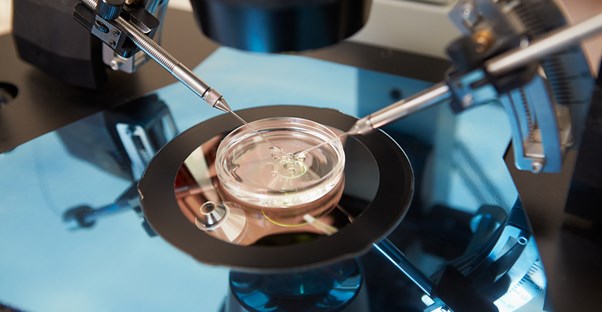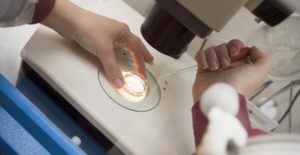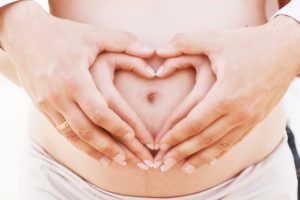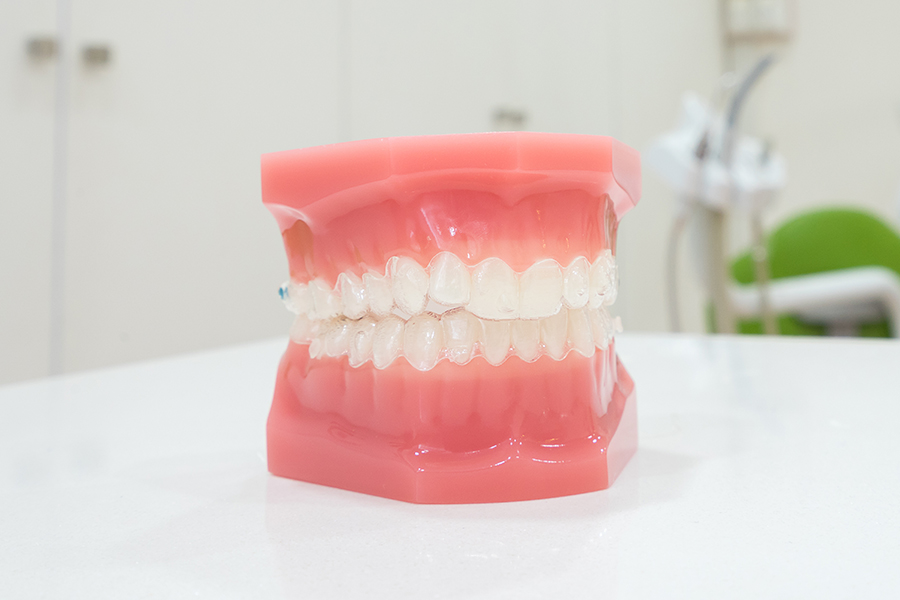In Vitro Fertilization Costs

In vitro fertilization, or IVF, is a medical technology to treat infertility. It involves removing an egg from a woman’s ovaries and fertilizing it in a lab. The fertilized egg becomes an embryo, which is then placed inside the woman’s uterus. Though other types of artificial insemination are also available, this is the first method that involves conception outside of the mother’s womb.
In vitro fertilization is one of the most effective treatments, but it is also the most expensive. It is also likely that more than one cycle might be required before you are able to successfully become pregnant. These are all things to consider before beginning your first IVF cycle.
In Vitro Fertilization Costs
According to the American Society of Reproductive Medicine, the average cost of one single IVF cycle is $12,400. Exact costs will vary depending on where you live, if you are taking other medications with it, and how much your insurance company is willing to pay towards the procedure. Additionally, if you end up needing multiple cycles of IVF before you are able to successfully become pregnant, the total cost can double or even triple.
Make sure to thoroughly investigate your insurance’s coverage policy for infertility treatments before beginning IVF. Even though many states now have laws that require insurance companies to at least pay some of the costs of infertility treatments, some do not. Even carriers that do have infertility treatment plans may only cover the cost of infertility drugs and monitoring but not the costs of any artificial reproductive technology such as IVF.
In Vitro Fertilization Success Rates
How successful you are with in vitro fertilization depends on many different factors. These include:
- Age
The younger you are, the more likely you are to become pregnant using your own eggs. Women over 40 should consider using donor eggs to increase the chance of success. - Embryo Status
Embryos that are more fully developed before being implanted tend to improve chances of becoming pregnant. - Reproductive History
If you have previously given birth, you are more likely to become pregnant again. - Cause of Infertility
Specific medical conditions can affect your likelihood of success. For example, women with endometriosis are less likely to become pregnant using IVF than women with other reasons for infertility. - Lifestyle Factors
If you are a smoker, you will have fewer eggs to use for IVF, and you are also more likely to have a miscarriage. This can lower you chance of success with IVF by up to 50%. Obesity can also decrease your chance of success, as well as excessive alcohol use, drug use, and excessive caffeine consumption.
According to the CDC, pregnancy is achieved in about 29% percent of all cycles, and cycles that result in a live birth amount to an average of 22% percent. However, these averages can be higher or lower depending on the age of the woman.
Because of these numbers, it is likely that you and your partner will need to undergo more than one cycle of IVF before becoming pregnant. If you do not become pregnant after the first attempt at IVF, then your doctor might recommend you to try certain medications or other methods that can increase your chances of success during the next cycle of IVF.








